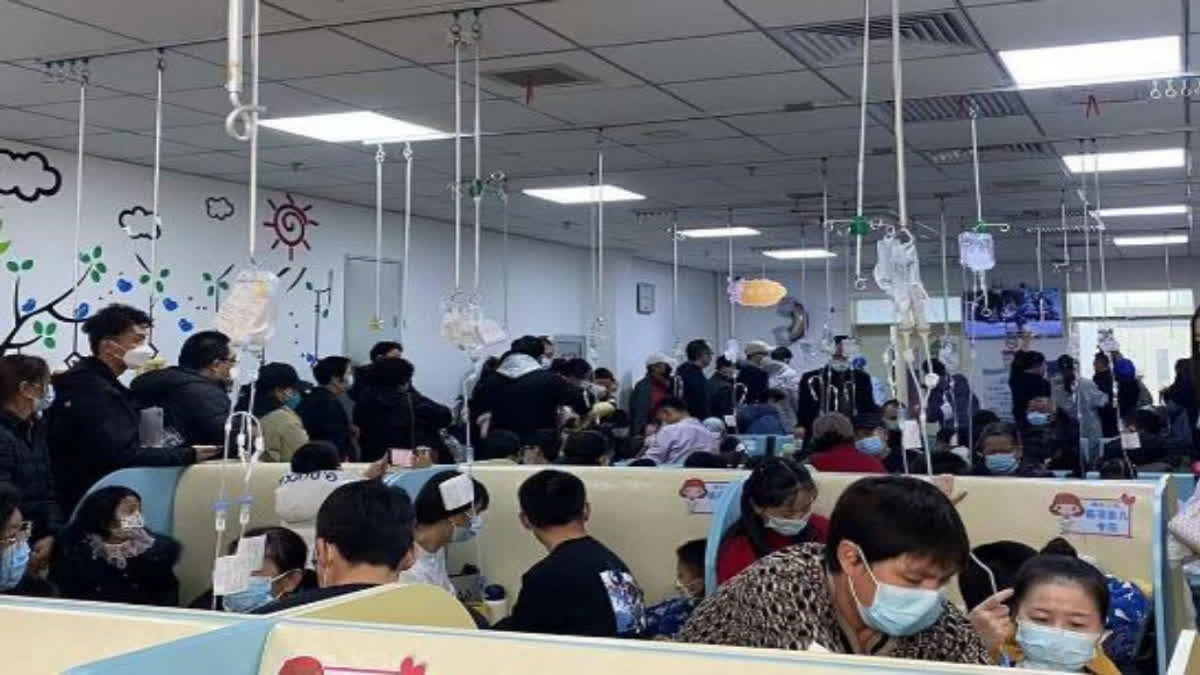Geneva:Amid concern over the sudden outbreak of influenza-like illness among children and the World Health Organisation's demand to reveal more information on the surge in respiratory illnesses, China said there is no detection of any unusual or novel pathogens.
Some of these increases are occurring earlier in the season than usual, although this is not surprising given the easing of COVID-19 limitations, as seen in other nations. "No changes in the disease presentation were reported by the Chinese health authorities. Chinese authorities advised that there has been no detection of any unusual or novel pathogens or unusual clinical presentations, including in Beijing and Liaoning, but only the aforementioned general increase in respiratory illnesses due to multiple known pathogens," the WHO official press release read.
On November 23, the Global Health Body held a teleconference with Chinese health officials from the Chinese Centre for Disease Control and Prevention and the Beijing Children's Hospital, which was facilitated by the National Health Commission and the National Administration of Disease Control and Prevention, during which the requested data, indicating an increase in outpatient consultations and hospital admissions of children due to Mycoplasma pneumoniae, were provided, the release added. They further stated that the rise in respiratory illness has not resulted in patient loads exceeding hospital capacities. The Chinese authorities advised that enhanced outpatient and inpatient surveillance has been implemented since mid-October for respiratory illnesses covering a broad spectrum of viruses and bacteria, which also for the first time, includes Mycoplasma pneumonia.
On November 22, WHO requested additional epidemiologic and clinical information, as well as laboratory results from these reported clusters among children, through the International Health Regulations mechanism. The WHO requested further information about recent trends in the circulation of known pathogens, including influenza, SARS-CoV-2, RSV and mycoplasma pneumoniae, and the current burden on healthcare systems. "WHO is also in contact with clinicians and scientists through our existing technical partnerships and networks in China," according to the release.
